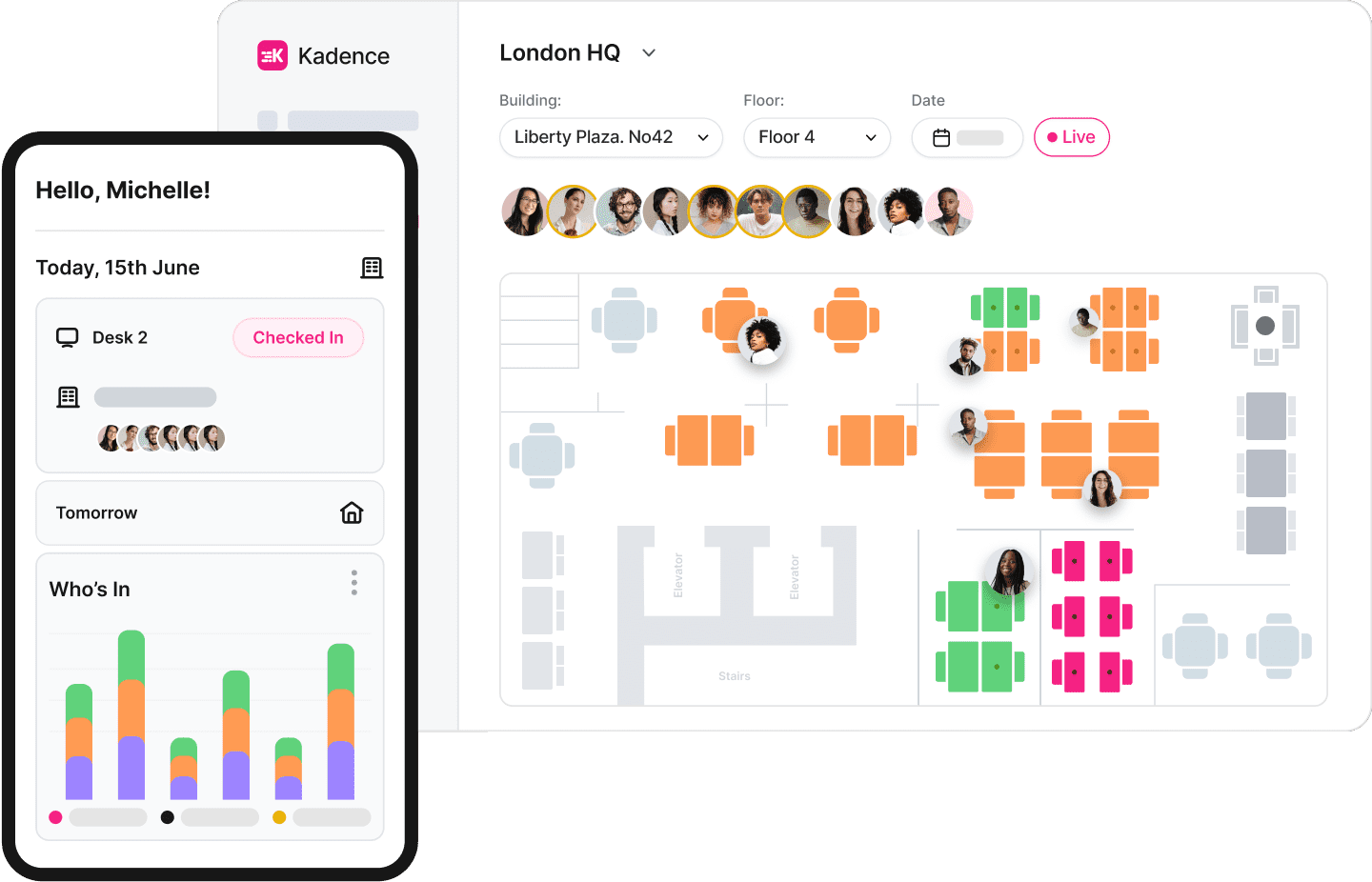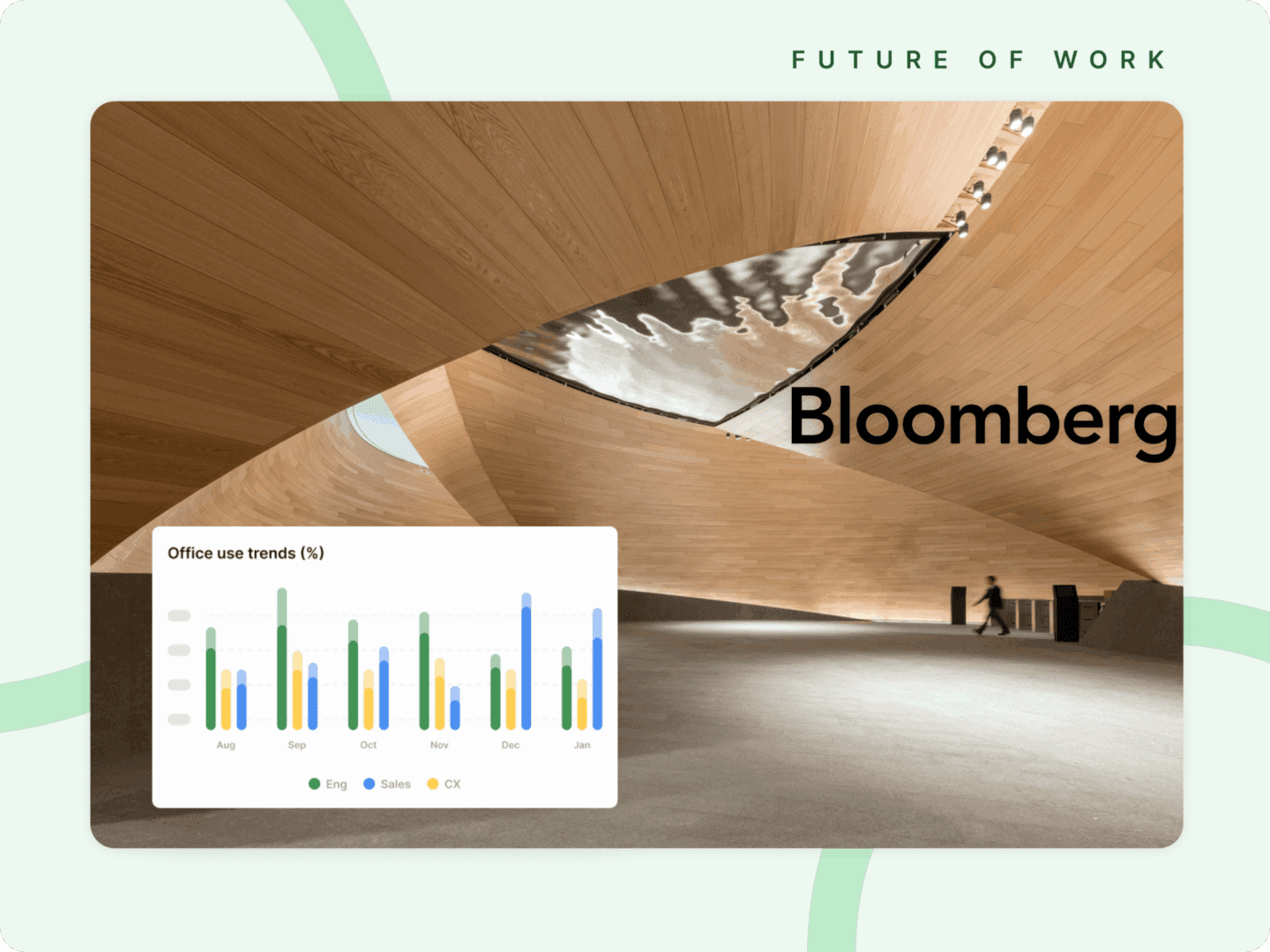Companies are trying to figure out how to keep things flexible without losing that sense of connection. Airbnb seems to have cracked the code with their Live and Work Anywhere policy, centered around a simple yet transformative concept: the gathering week.
Brian Chesky, CEO of Airbnb, sums it up succinctly:
Why Gathering Weeks Work
Airbnb’s approach is rooted in the belief that meaningful in-person interactions don’t require daily office attendance. “I have not found a huge value in people being in the office all the time,” Chesky admitted on a recent episode of the Masters of Scale Rapid Response podcast. Instead, the company prioritizes focused, intentional gatherings that foster collaboration, creativity, and connection.
Most of Airbnb’s employees are based in San Francisco, but for those living out of state or even out of the country, the company flies them in once a month for these in-person meetups. While this might sound costly, Chesky believes it’s a smart investment:
How Gathering Weeks Disrupt The Return-To-Office Trend
While many companies, like JP Morgan and Amazon are doubling down on return-to-office (RTO) mandates, pushing for employees to be in the office five days a week, Airbnb is flipping the script. Instead of rigid schedules, they’re betting on flexibility and focused in-person time. And it’s working.
This approach challenges the narrative that productivity and innovation can only thrive with daily office attendance. Companies forcing full-time office returns often miss the point: it’s not about being in the same room every day—it’s about creating opportunities for meaningful connection when it matters most.
Airbnb’s gathering weeks prove you don’t need constant face time to build strong teams or deliver great results. While others are clinging to outdated office norms, Airbnb is showing that a little strategic togetherness goes a long way.
The Impact On Productivity
This model isn’t just about saving money—it’s about maximizing impact. “I think the output for us is superior,” Chesky remarked. Gathering weeks create concentrated bursts of collaboration, allowing teams to align on goals, brainstorm new ideas, and strengthen relationships. The rest of the month, employees enjoy the autonomy to work from wherever they’re most productive.
Turns out, 85% of business leaders are still scratching their heads, unsure if their teams are actually getting stuff done in hybrid setups. But here’s the kicker: 61% of employees say they’re actually more productive working this way. The numbers don’t lie—maybe it’s time to trust the process.

How To Implement Gathering Weeks In Your Organization
- Schedule Regular In-Person Meetups: Designate specific weeks each month for team gatherings, whether in a central office or rotating locations.
- Make It Purposeful: Ensure that gathering weeks have clear objectives—strategy sessions, project kick-offs, or creative workshops—to make the most of face-to-face time.
- Invest in Travel, Not Real Estate: Allocate budget for flying in remote employees instead of maintaining large office spaces.
- Create Flexible Frameworks: Allow teams to decide how long they need to gather, whether it’s a few days or a full week, based on their unique needs.
- Blend Autonomy with Connection: Balance the freedom of remote work with the human connection of in-person collaboration.
The Kadence Takeaway
At Kadence, we believe hybrid work thrives when flexibility meets intentional connection. Airbnb’s gathering week model proves that you don’t need to be in the office every day to achieve great results. Our platform helps companies manage flexible work environments, making it easy to coordinate in-person gatherings while supporting remote productivity.
If you’re rethinking your hybrid strategy for 2025, consider adopting the gathering week concept. It fosters deeper relationships, drives better outcomes, and might just be the key to unlocking your team’s full potential.
Curious about how to make hybrid work even better for your team? Book a demo with Kadence today and see how we can help you boost productivity, strengthen team connections, and make the most out of your hybrid setup.




